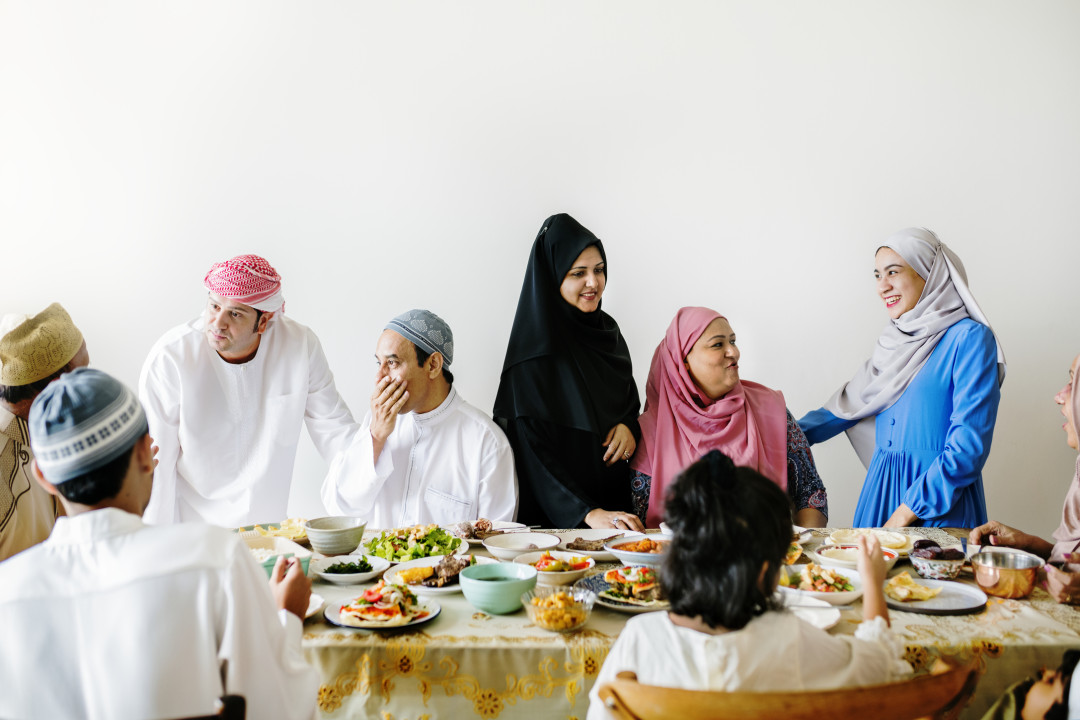Effective Strategies for Managing Diabetes During Ramadan Fasting
Ramadan is a sacred festival Muslims celebrate during the ninth month of the Islamic calendar. Fasting is an integral part of holy festival. The daily fasting in Ramadan includes abstaining from all food and drink; not even a sip of water is allowed from dawn to sunset before breaking the fast in a meal known as ‘iftar’. As per the Quran, individuals who are sick, older adults, children, pregnant, breastfeeding, and menstruating ladies can be exempt from fasting.If you are a diabetes patient, consult the best general medicine doctors in Doha, Qatar, before taking the Ramadan fast. It will help you to understand how risky it is to take fast and how to reduce the risks.
Possible Risk Factors for Diabetes Patients Caused by Taking Ramadan Fast It is better to take suggestions from expert doctors before taking the Ramadan fast. Here are some risk factors that may affect diabetes patients by observing fasting.
● Hypoglycemia (Low blood sugar)
● Hyperglycemia (High blood sugar)
● Dehydration, which can lead to kidney problems and various heart diseases
● Adjustments in medication can worsen the health condition of diabetes patients
● Stress and fatigue may exhaust the energy of diabetes patients.
The most important thing to remember if you plan to fast during Ramadan is that you will need to monitor your blood sugar closely, and you should educate family members to be mindful of signs of low blood sugar, including:
- An irregular or fast heartbeat
- Fatigue
- Pale skin
- Shakiness
- Anxiety
- Sweating
- Hunger
- Irritability
- Tingling or numbness of the lips, tongue or cheek
As low blood sugar worsens, signs and symptoms can include:
• Confusion, abnormal behavior or both, such as the inability to complete routine tasks
• Visuals disturbances, such as blurred vision
• Loss of consciousness
• Seizures
• Low blood sugar, also called hypoglycemia needs immediate treatment.
Different Ways to Manage Diabetes During the Ramadan Fast
It is essential to check your blood glucose level regularly throughout fasting. It is vital to break the fast when you find a rise or downfall in glucose level than usual. If your blood glucose level falls below average, you must consume sugary foods like sweets or fluids like glucose water, following a starchy food to restore your blood glucose level at a safe stage. It is very essential not to skip the suhoor or pre-dawn meal. You have to consume high–fibre starchy foods, as they take more time to digest and contain a low glycaemic index. This food plan will help you to maintain blood glucose at an average level. Try to break the fast by consuming dates, which contain high–high fibre and carbohydrates and dehydrate your body. It is better to drink sugar-free fluids during suhoor and iftar as it helps you control your glucose level.
If you are a diabetic patient, take advice from the expert doctors of American Hospital Clinics, the top medical centre in Qatar, before taking the Ramadan fast. We offer BMI check-ups once a week. Visit American Hospital Clinic, the best medical centre in Doha, Qatar, to accurately understand your health condition.





